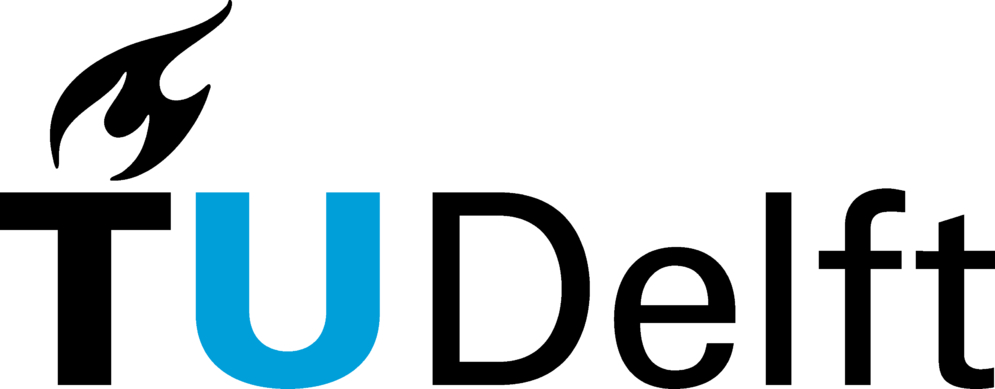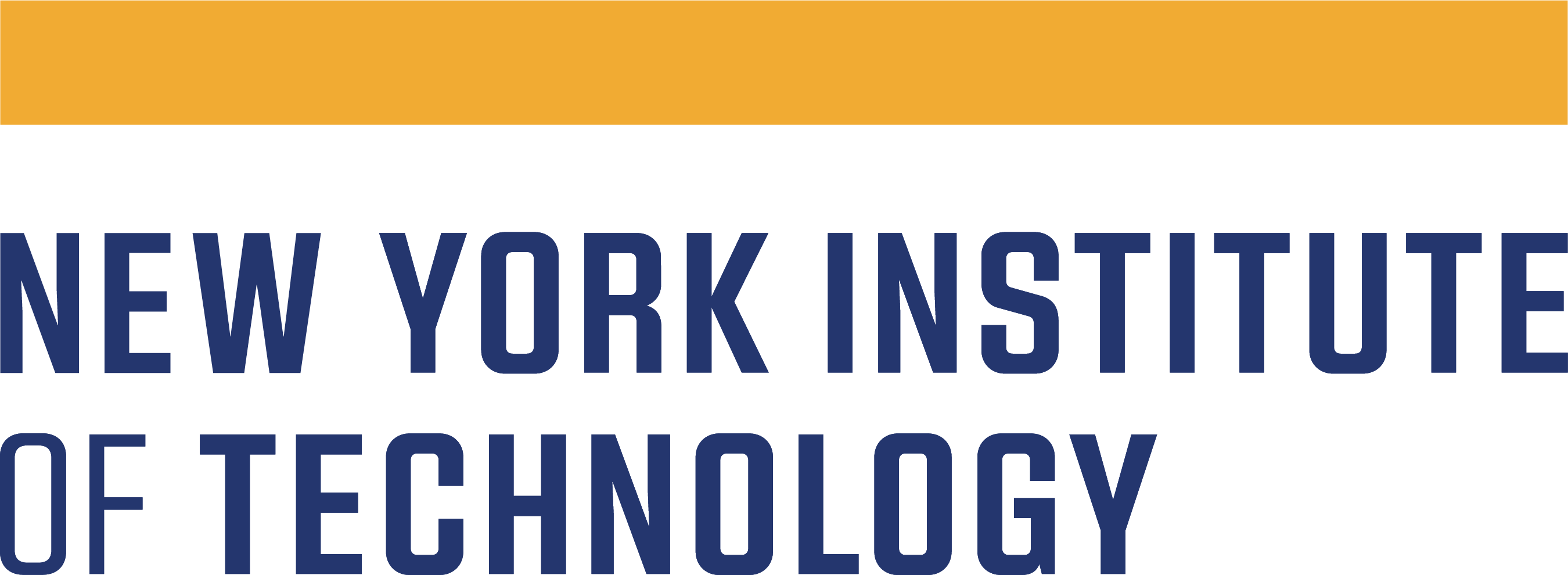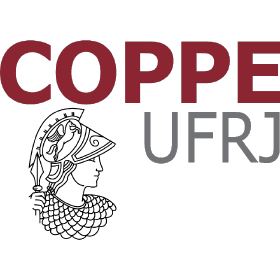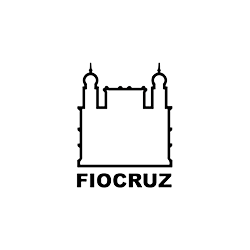Rio de Janeiro advances climate adaptation and spatial justice through global-local collaboration. Leveraging workshops, advanced tools, and stakeholder engagement empowers Rio’s communities and leaders to shape climate-resilient, inclusive urban futures.
As a vibrant but unequal city, Rio de Janeiro promotes climate adaptation and spatial justice through global-local partnerships. The UP2030 Rio pilot supports the city’s transformation into a climate-resilient and equitable urban environment by aligning international expertise with local strategies. Through workshops, digital tools, and community engagement, residents and decision-makers are empowered to co-create inclusive, climate-resilient neighbourhoods.
The initiative, aligned with the city’s Sustainable Development and Climate Action Plan (PDS), contributes to Rio’s goals of achieving carbon neutrality, strengthening resilience to climate risks, and supporting vulnerable communities. Two interconnected prototypes focus on climate adaptation, flood resilience, and inclusive urban planning.
The first prototype, developed with UCCRN and TU Delft, builds upon the Urban Design Climate Workshop (UDCW) methodology. It includes heatwave and flood hazard simulations, urban design interventions, capacity-building, and co-design strategies for the São Cristóvão neighbourhood. The second prototype, led by Deltares and Rio-Águas, applies advanced flood risk assessment tools in the Acari River Basin to evaluate and test mitigation strategies. Together, these efforts offer replicable, neighbourhood-based approaches for building a climate-ready Rio.

Municipal departments, local residents, vulnerable communities, urban planners, researchers, and civic organisations.
Impact and Long Term Vision
Rio's UP2030 prototypes strengthen the city’s capacity to plan for and respond to climate change, focusing on adaptation, spatial equity, and participatory design, by responding to the city’s Plano de Desenvolvimento Sustentável (PDS_ Sustainable Development Plan). By embedding resilience into urban planning and drainage master planning, the city sets a global precedent for just transition and neighbourhood-scale innovation. The pilot helps position Rio as a climate leadership hub in Latin America and globally.
- Urban Climate Change Research Network (UCCRN)
- Delft University of Technology (TUD)
- Pontifical Catholic University of Rio de Janeiro (PUC-Rio)
- New York Institute of Technology (NYIT)
- Deltares
- Rio-Aguas
- City Of Rio
- Columbia University
- COPPE-UFRJ
- FIOCRUZ
- NOSSAS

Urban design, climate adaptation, and capacity building (UDCW method).

Urban design, climate adaptation, and capacity building (UDCW method).

Urban design, climate adaptation, and capacity building (UDCW method).

Urban design, climate adaptation, and capacity building (UDCW method).

Technical leads for flood risk modelling and adaptation planning using HydroFlows and FloodAdapt.

Technical leads for flood risk modelling and adaptation planning using HydroFlows and FloodAdapt.

Instituto Pereira Passos IPP, Rio Operations Centre COR, Municipal Environment Department SMAC, Rio de Janeiro Planning Office EPL, Rio Águas, and other departments as core collaborators.

Academic and civic partners supporting resilience, data, and community engagement.

Academic and civic partners supporting resilience, data, and community engagement.

Academic and civic partners supporting resilience, data, and community engagement.

Academic and civic partners supporting resilience, data, and community engagement.


